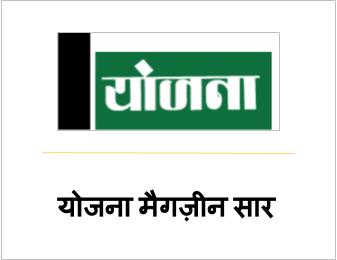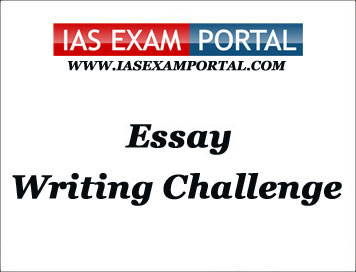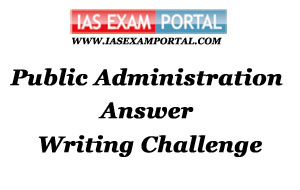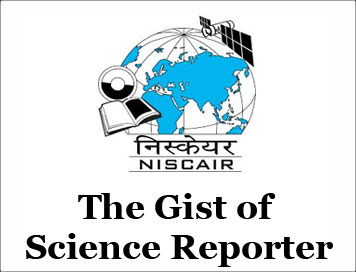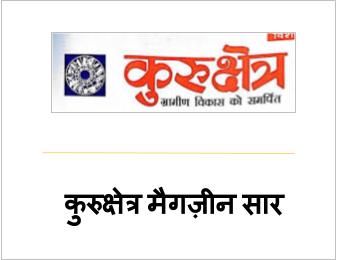
Sample Material of Current Public Administration Magazine
1. Centre State Relations
::Draw the line for Speakers and Governors::
We need to amend the law and forge political consensus to avert subversion of
democracy
Speakers and Governors, acting independently of each other or in concert, can
navigate the destiny of State governments. Governors also have the capacity to
install governments and give them enough time to manufacture a majority. The
Governor’s discretion allows them the necessary elbow room to invite either the
leader of the single largest party or the leader of a quick-fix post-poll
alliance, engineered through generosity in kind or cash, to form the government
and give that leader enough time to iron out the creases to win a trust vote in
the Assembly.
<< Read More
2. Information Technology
::Open data, open government::
The time is now ripe for the government to create a data-driven governance
architecture
The “audacity of hope” for a country of a billion aspirations is yet to bear
result. The new wave of a technological revolution will not be from pure data or
access to consumer behaviour. The application of data and their assimilation
with solving social problems, enabling better governance and powering elected
governments to serve their citizens better is ushering in a new revolution. When
Artificial Intelligence is coupled with open data, a real paradigm shift begins.
With choice and information-sharing now redefining consumer behaviour, every
company is looking to embrace or at least look like it is embracing the new
paradigm of data-driven innovation.
<< Read More
3. Indian Administration
::Questions of promotion::
Barring a few exceptions, the judiciary has not been encouraging on quotas
The Supreme Court’s one line order that the government can go ahead with
promotions in government offices — which will have bearing on Scheduled
Caste/Scheduled Tribe (SC/ST) reservations in promotions — has come with the
caveat “in accordance with law”. This is no victory at all as all such
promotions, if made, will again be challenged due to a non-fulfilment of
conditions laid down in earlier judgments (which under Article 141 of the
Constitution are “law declared by the Supreme Court which is binding on all
courts”). The solution could be an ordinance if the Dalit cause is dear to the
government.
<< Read More
4. Governance
::Water for thought::
In recent years, there has been a growing awareness in policy circles of the
over-exploitation of the country’s water resources. The Atlas of India’s Aquifer
Systems, released by the Central Ground Water Board (CGWB) in 2012, highlighted
the falling levels of groundwater in the country. Four years later, the Mihir
Shah Committee argued that there is little “understanding of river systems or
their interconnections with the health of catchment areas or groundwater”.
<< Read More
5. Current Topic
::Get to work, please::
The arresting spectacle of the sit-in protest in a Raj Nivas waiting room by
Delhi Chief Minister Arvind Kejriwal and three of his senior-most ministers, two
of whom had to be shifted to hospital, has framed multiple crises. In no
particular order: The terrible breakdown of a working relationship between the
elected government and Lieutenant Governor. The long-festering debate on Delhi’s
statehood, waiting to be joined more fully on a calmer day.
<< Read More
Get this magazine (Current Public
Administration) free if you purchase our any of the below courses:

